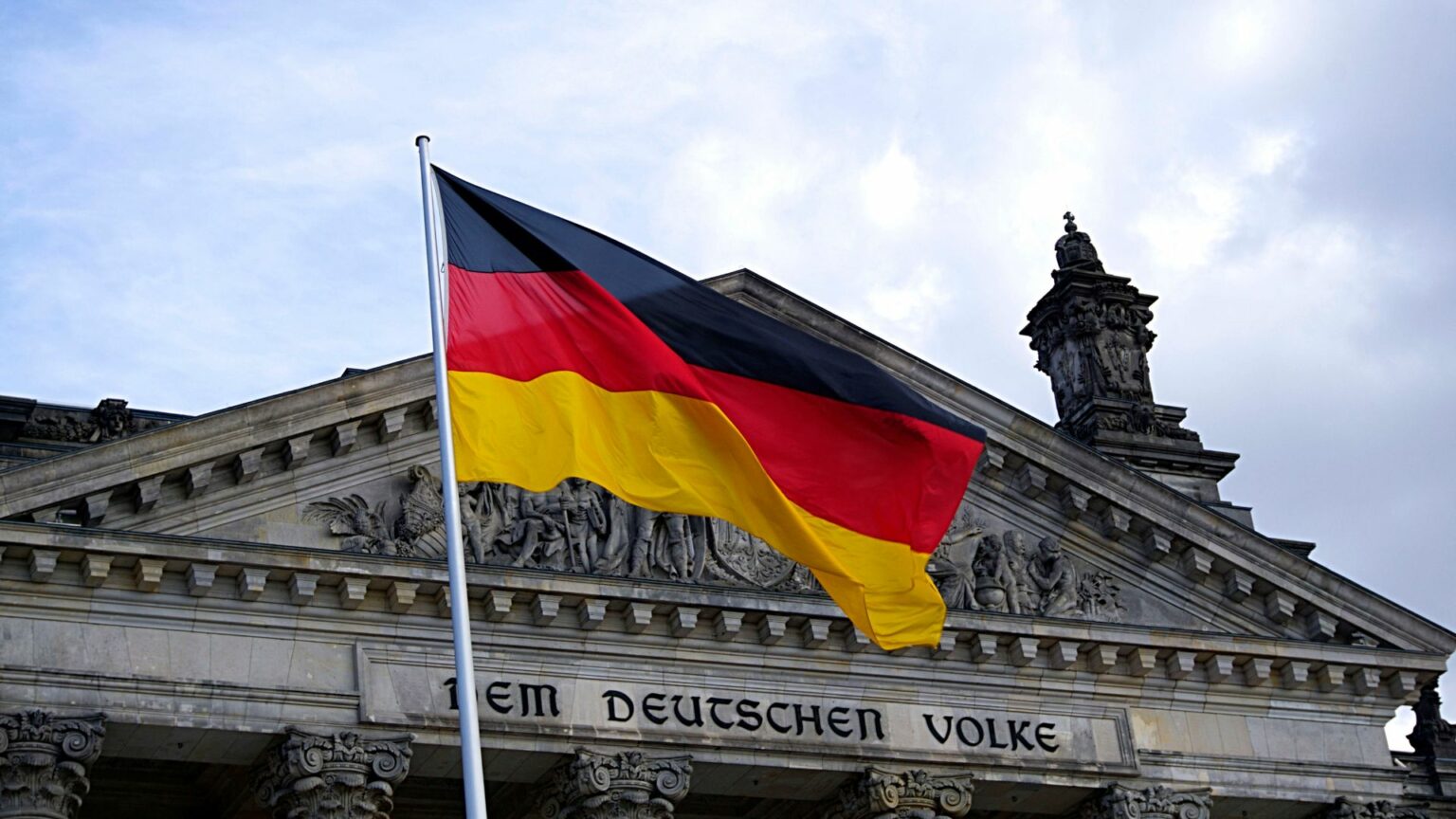Allegations of favoritism have surfaced within the German Ministry of Transport, sparking concerns about the integrity of funding decisions related to hydrogen projects.
Recent revelations suggest that an employee may have assisted a lobbyist friend in securing a million-dollar contract, casting a shadow over Minister Volker Wissing’s leadership.
Dubbed the “hydrogen affair,” the controversy centers on accusations that a department head within the Ministry of Transport facilitated the approval of a lucrative funding application for a lobbyist friend. Despite initial denials from Minister Wissing, new evidence uncovered by “Spiegel” suggests a pattern of potential favoritism.
Internal emails obtained by “Spiegel” shed light on concerning communications between ministry officials and lobbyists. Werner Diwald, CEO of the German Hydrogen and Fuel Cell Association, allegedly corresponded with Klaus Bonhoff, a high-ranking official within the ministry, regarding a funding application. The emails imply a desire for expedited funding approval, raising questions about the transparency and impartiality of the process.
Further investigation reveals instances where Bonhoff is accused of intervening in the funding application process on behalf of his friend, Diwald. Emails exchanged between Bonhoff and his superiors suggest a concerted effort to expedite funding approval, culminating in Diwald’s association receiving approximately 1.5 million euros in funding. The timing of these communications, coupled with the subsequent approval of Diwald’s application, raises suspicions of undue influence.
In response to mounting scrutiny, the Ministry of Transport maintains that funding decisions were made based solely on technical considerations, denying any impropriety on the part of department officials. However, questions linger about the transparency and integrity of the decision-making process, prompting calls for accountability and further investigation.
